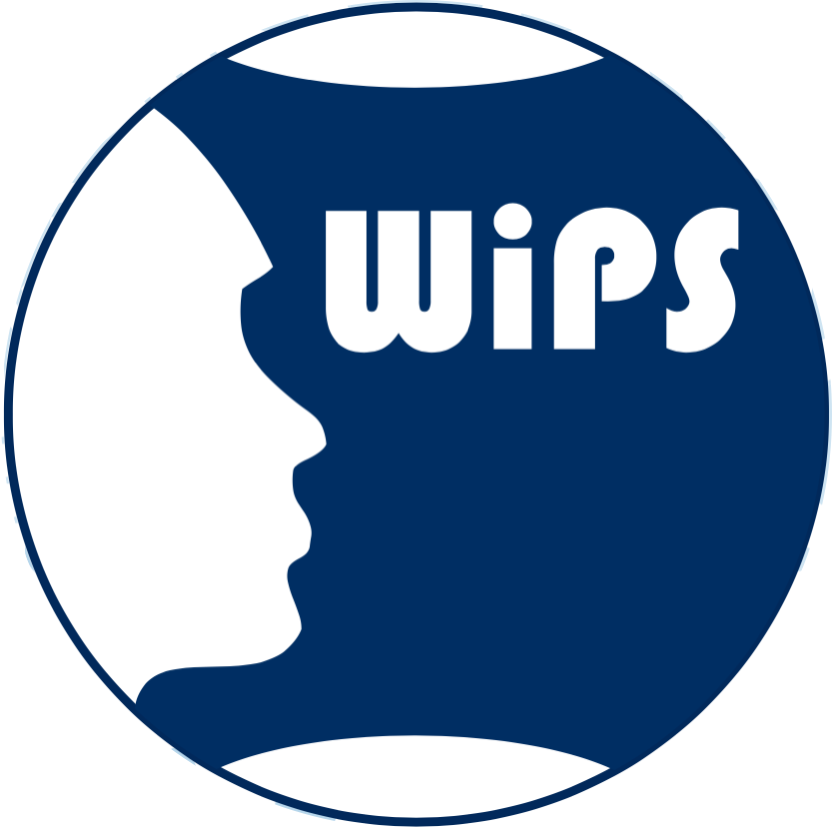María Liliana Quartino, PhD
Instituto Antártico Argentino

Maria is wearing a special outfit (anti-exposure suit) for biological sampling trips on zodiacs/boats in Antarctica. In the background Carlini Station and the Three Brothers Hill (Potter Cove, South Shetland Islands).
What’s the work that you do?
I have been working on Antarctic macroalgae since 1988. I lead a research group at the Argentine Antarctic Institute that studies high-latitude coastal ecosystems with an emphasis on macroalgae and their role in global change. For years, we have been investigating the macroalgae of the Potter Cove coastal ecosystem, an ecosystem greatly affected by glacial retreat. In our laboratory, we are developing different studies on subtidal and intertidal macroalgae taxonomy, ecology, and ecophysiology in relation to physical variables in a climate change frame (i.e., glacier retreat, sedimentation, fast ice duration, ice scouring) and their impact on the coastal Antarctic food web.
What keeps you going?
Since I was a child, I’ve had a special fascination for everything related to nature and a very special connection with the sea. I dreamed of being a marine biologist. Currently, what keeps me going is continuing to guide and mentor young Ph.D students and junior researchers from the IAA.
What’s your message to the world?
For me, working in Antarctica goes beyond the fascinating experience of doing research in a remote and magical place. After 35 years of studies there, I am convinced of the great responsibility involved in conducting research in this pristine and vulnerable environment, where the effects of climate change are increasingly severe. I also believe that it is valuable to study marine organisms such as macroalgae, which also implies collaborating in their preservation since they are primary producers that can contribute to the mitigation of climate change.
Organisation: Instituto Antártico Argentino
Nationality:
Argentina
Disciplines:
Connect:
